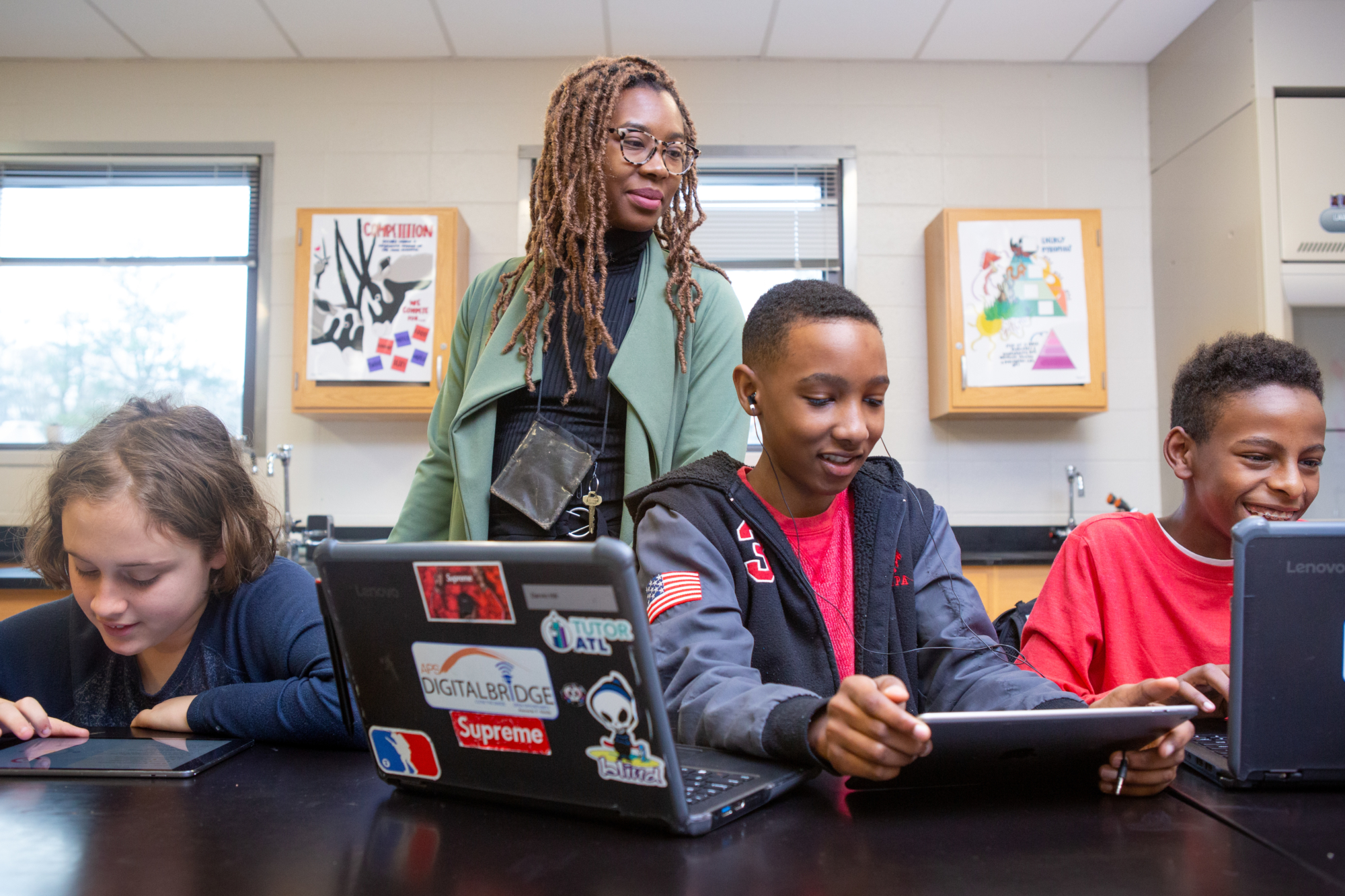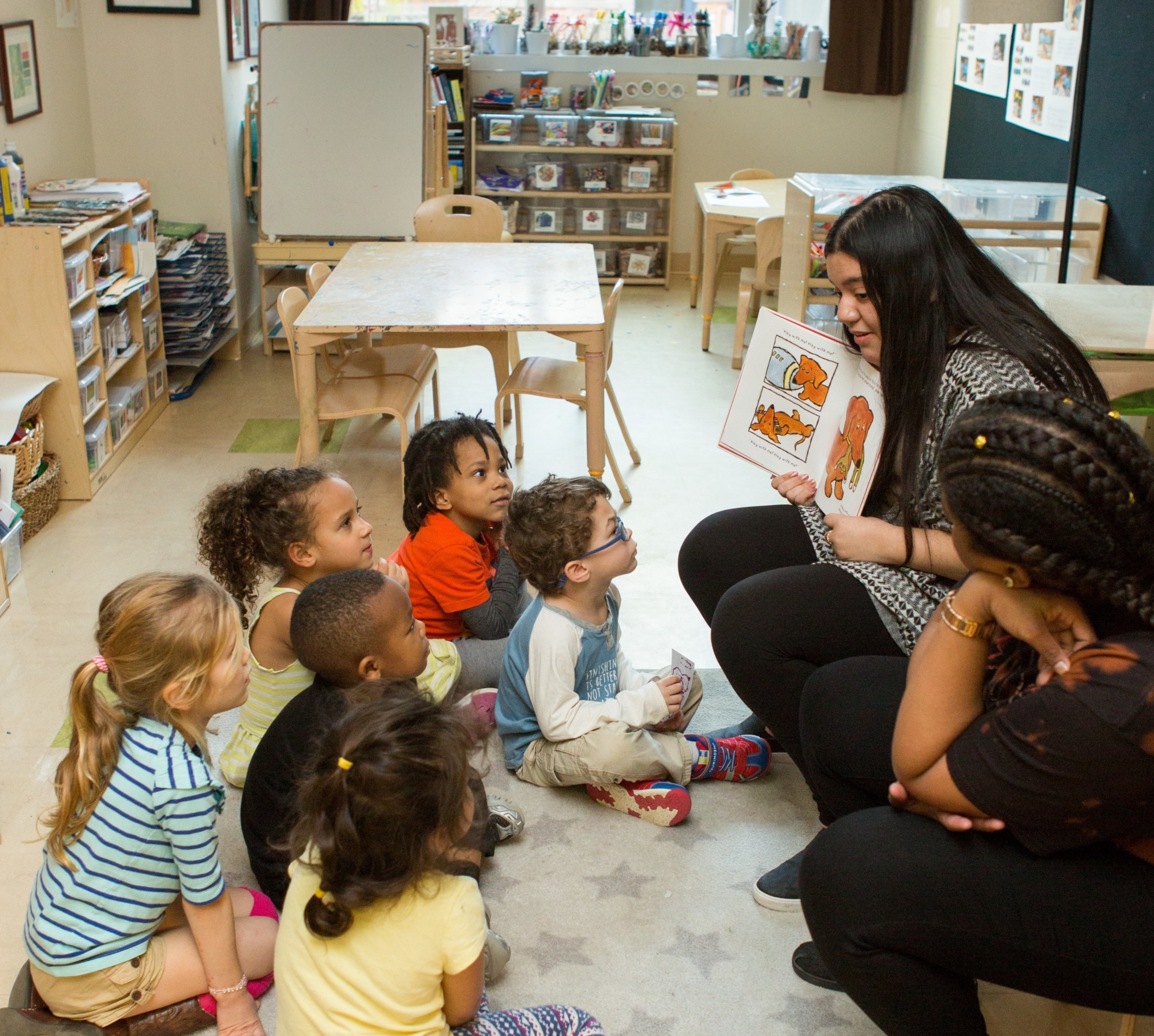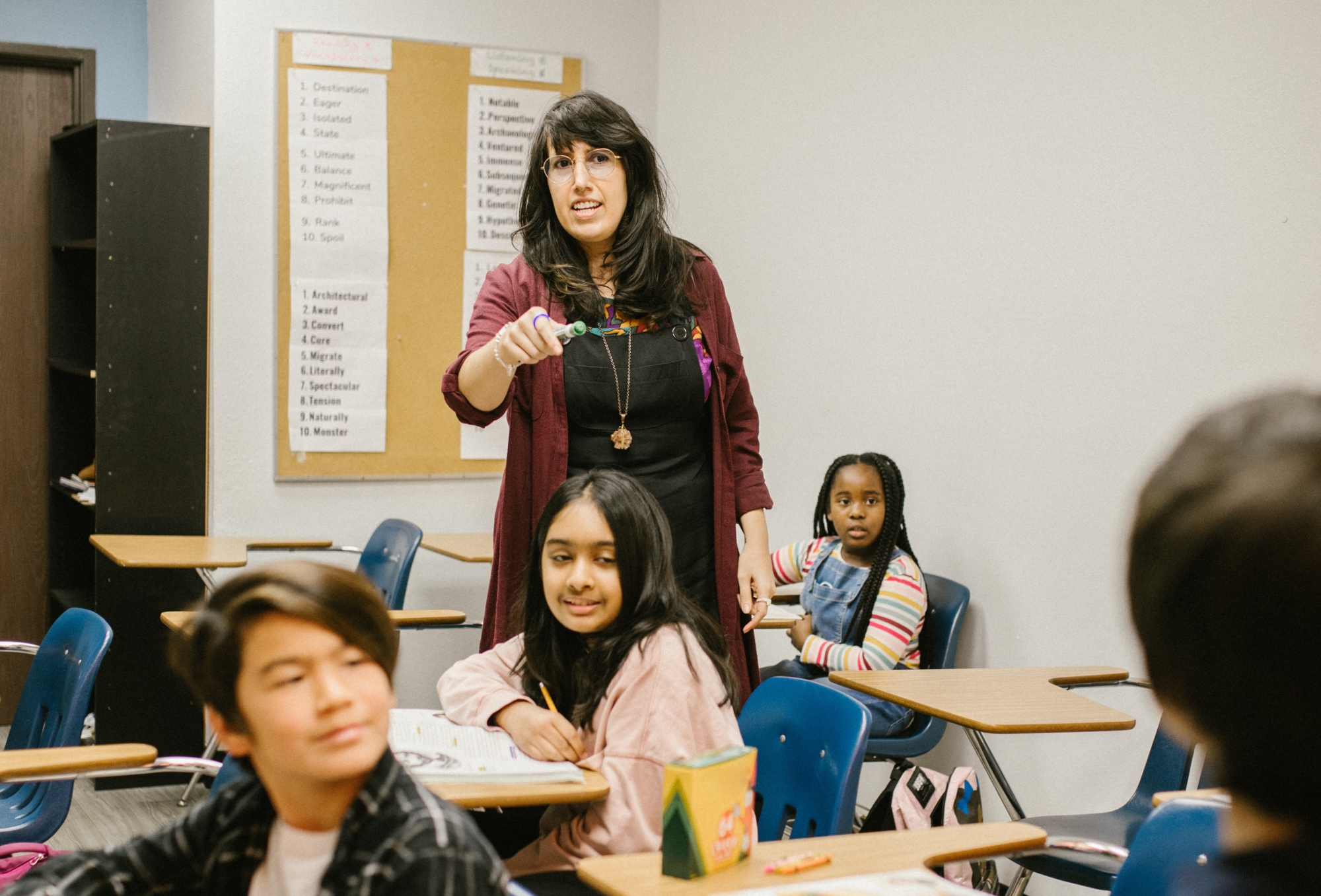AUTHOR
Karen Taylor, Region IV Instruction & Professional Development (IPD) Staff, California Teachers Association (CTA), Certified Trauma-Informed Yoga Instructor
According to the Substance Abuse and Mental Health Services Administration (SAMHSA), how people respond to the experience of a natural event depends on several factors:
- The degree of devastation
- The amount of time it takes to re-establish routines and services like returning to school or work, being able to go to the grocery store, etc.
The amount of support during times of emotional distress can significantly impact the amount of time it takes to recover from the stress response. As schools reopen for in-person instruction, there is a need to acknowledge the impact that the COVID-19 pandemic has had on families and individuals.
It is normal for students and educators to feel anxious, depressed, or even nervous about returning to full-time in-person instruction. If you experienced burnout or additional stress this past year, it’s important to acknowledge that your tolerance for stress may not be as high as it once was. For others, coming back to in-person instruction may provide a huge sense of relief.
When the school year begins, teachers and administrators can incorporate the following strategies to foster healthy learning environments.
- Establish and follow routines.
- Make time for personal relationships and connections.
- Set boundaries. Rather than throwing yourself back into work after hours, take the time to practice self-care. Pursue your hobbies, exercise, or just enjoy your downtime.
- Use intentional breathing to manage the physical stress response. Try this simple breathing technique! Breathe in through your nose for four seconds, hold for four seconds, exhale for four seconds, and hold again for four seconds. Do this ten times when you feel anxious or overwhelmed. Check out this 30-minute workshop on breath work! Just as teachers may have a variety of emotions about the return to in-person instruction, so will students. Educators can begin the year with a trauma-informed approach.
- Put building student and family relationships at the top of your list. Create space in your classroom for relationship building and dedicate time to establish real connections. The investment you make in student and family relationships will pay dividends in the long run.
- Provide consistency and structure. Routines can create a sense of safety and control for students who may not experience it at home. Explore tools, resources, and strategies from Educators Thriving to develop your classroom management plan!
- Patience before pacing. Accelerated learning may not be appropriate for all students. CTA’s Guide to COVID-Recovery Plans & Expanded Learning Opportunities outlines questions to consider, specific to pacing, instruction, assessment, and professional development.
- Take the time to teach self-regulation. Even though students may be excited to return to school, their nervous systems may be dysregulated as a response to the pandemic. Take the time to practice intentional breathing, incorporate mindful practices, implement “time-ins” instead of time-outs, and create a safe space where students are free to be themselves.
- Acknowledge that learning did take place last year. It’s easy to dwell on what didn’t happen with online learning, but students did learn at school and at home, and have a lot to contribute this school year.
Administrators and school employees can work together to create trauma-informed workplace. In a trauma-informed workspace, all employees know what trauma is; can recognize the signs of trauma in students, staff, and families; and are able to respond by sharing resources, etc. Additionally, a trauma-informed workplace provides a safe working environment through its policies and practices by addressing cultural, historical, and gender issues, and by providing choice—not just for students, but for school employees as well.
“The first step is to sit with yourself.”
SALINA GRAY, PH.D., TEACHER, MOUNTAIN VIEW MIDDLE SCHOOL
IN MORENO VALLEY UNIFIED SCHOOL DISTRICT
On Trauma-Informed LA’s Our Stories Matter Podcast, Dr. Salina Gray, a teacher with 24 years of experience in traditional public, charter, and graduate schools, shares her story and vulnerability on how she has made her way to heal through mindfulness. Click here to listen!
Right now, we have a golden opportunity to not just go “back to normal”, but to reimagine school and classrooms in ways that are sensitive to the needs of students and educators, with equity at the center of it all. The California Teachers Association (CTA) offers resources and professional learning opportunities to support educators, including upcoming webinars this fall on mental health related topics and an online mental health & wellness hub for CTA members. Additionally, a large coalition of organizations, including CTA, Association of California School Administrators (ACSA), and CCEE, are supporting a “restorative restart” approach. Click here to learn more!
CTA/NEA MICRO-CERTIFICATIONS
This fall, CTA will be offering six micro-certificate stacks—sequences of related self-paced micro-certifications—featuring important topics for educators in California public schools. CTA will also be hosting communities of practice (CofP) to allow educators from across the state to connect, share ideas, and support one another throughout the process in fun, practitioner-led, collegial cohorts. Click here to learn more about the micro-certificates within each of the following stacks:
- Assessment Literacy
- Diversity, Equity, and Cultural Competence
- English Language Learners
- Classroom Management
- Family Engagement
- Five Core Propositions (NBCT)
Questions about CTA/NEA micro-certifications? Contact Adam Ebrahim, Region I Instruction & Professional Development (IPD) Universal Service Staff at CTA.











